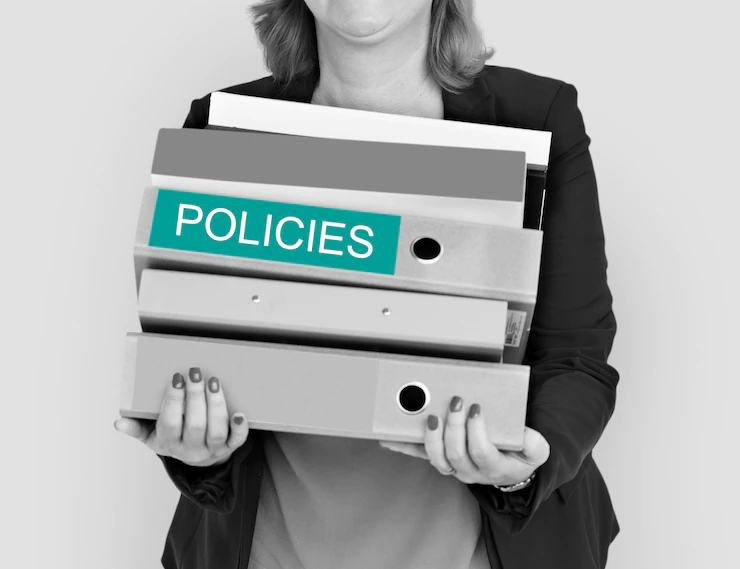
Over time, compliance has gained its space, and although many saw it as a bureaucracy, today they have realized that it is a necessity.
Compliance programs are a management system focused on the prevention of crimes that seek to benefit the company, such as bribery, money laundering, or bribery between private parties, to name a few, in addition to alerting the risks and ensuring compliance with local and international legislation, which will allow companies to exempt themselves from criminal liability in case of being involved in an act of corruption.
However, many companies have not been able to exempt themselves from this responsibility, since the mere fact of having compliance programs does not inhibit the occurrence of crimes or ensure the innocence of a company, even when only one person has been involved in a crime.
And if we add to this the risks that have appeared in the current context of pandemics, war, and economic recession, in addition to the new demands of stakeholders for greater transparency and accountability, then we will understand why compliance has had to evolve.
To prevent in complex times like the ones we are living, it is important to have greater control and implementation of internal policies, but this must be accompanied by a special focus on the ethical behavior of workers -including the board of directors-, all individual human beings, full of complexities, who have lived through different realities, who have biases, and who are susceptible to make bad decisions in certain scenarios.
In this line, and as part of its evolution, the concept of behavioral compliance stands out, which could be translated as compliance behavior, but which rather seeks to include ethics and integrity in the corporate culture, to anticipate unethical behavior in the company and predict under what circumstances it would occur. Thus, in a way, it changes the reactive and normative perspective of compliance to a more predictive one, based on behavior.
No matter how much we deny it, we are all corruptible, and under certain conditions, we could fall into unethical behaviors that we see as unthinkable, but that would respond to our cognitive biases, which determine the way we behave subconsciously or involuntarily.
For example, a well-evaluated executive, who has the full confidence of his superior and who has risen in the company due to his good performance, may well be susceptible to fall into bad practices, not because he is a bad person, but because he is exposed to a series of factors, ranging from the pressure to meet goals, misplaced incentives, minimizing facts or self-justifying his actions.
Therefore, behavioral compliance aims to enable companies to prevent, detect and react in advance to these blind spots to which we are all exposed, as they can cause the effectiveness of compliance programs to fail.
Therefore, the work of compliance officers or compliance departments should focus on how to pose ethical dilemmas to workers, know their biases, and how they would react to hypothetical but feasible events. The important thing is not to focus on getting answers about black and white, or right and wrong, but rather to focus on the gray areas, where decisions become complex and where a series of biological, psychological, and social factors play a role.
And it is precisely along these lines that the new rules of the game announced by the U.S. Department of Justice (DOJ) on the allocation of more resources to evaluate the compliance policies of companies stand out, enhancing the value of real compliance, encouraging companies to demonstrate that they are doing everything possible to prevent corruption and that they have the evidence to support this.
Likewise, DOJ Assistant Attorney General Lisa Monaco stressed that the effectiveness of compliance is not ensured by providing more resources or stricter controls, but by creating a corporate culture that reflects the company’s values and discourages bad practices. Thus, he emphasized compensation and incentive systems that reward the way things are done, and that allow dissuading bad behaviors or risky behaviors. And in that context, he said the DOJ is working on new guidance on how to reward companies that have such compensation arrangements in place. This will help companies avoid criminal liability and shift financial penalties to those directly responsible.
As we can see, a compliance program does not ensure success in prevention if it does not address cognitive biases and human behavior. Let’s not forget that companies are made up of people, and that, acting ethically or anticipating certain decisions can be the key to effective prevention. For this reason, the permanent evolution of compliance is essential.










